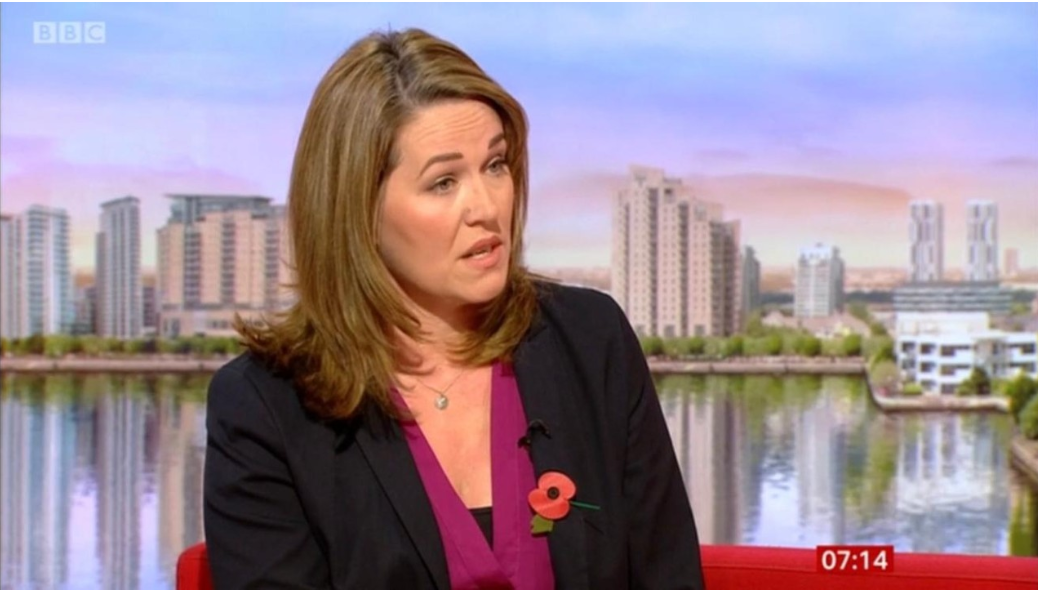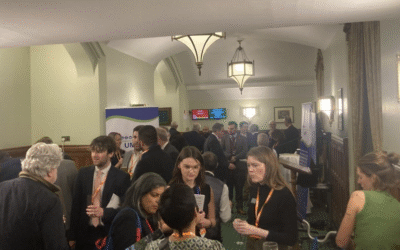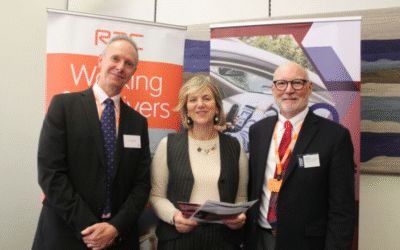Our Director Peter Carroll recently produced a thought piece reflecting on his work in media over the years. Peter’s impact in media has stretched across an array of areas from the Gurkha Justice Campaign to the Medical Cannabis UK Campaign
By Peter Carroll, Director
It’s been a typically busy and productive couple of weeks in Tendo ‘s PR work. It’s caused me to reflect a little on the amount of coaching, training and support we offer to our clients in how to engage with, and feature across, the media. In the field of Public Relations and Public Affairs there is so much talk of ‘telling the story’, ‘framing the narrative’ and having ‘an integrated PR and PA approach’. Sometimes, I think it’s valuable to stop and think how our work translates into helping people actually do those things.
For me, my involvement with the media started one freezing morning in the dank and sparsely furnished constituency office of the local Lib Dem party that had just adopted me as their prospective parliamentary candidate. It was 2000 – yes, that long ago! And the local Party was in a pretty poor place having had very little media exposure at parliamentary candidate level for many years. So, where to start? The then Labour government had announced an increase in the UK State Pension of just 75p and the media was full of stories of outrage. ‘Disgusted of Tunbridge Wells’, and for that matter ‘Disgusted of nearly everywhere’ were across the airwaves loud in their outrage. Many pensioners were pledging to send a cheque (remember them?) for 75p to Number 11. So, I had decided that as part of the long process of getting my local Party, and to some extent myself, into the fray I had to make some media contribution. But where to start and what to do. And, crucially, how to do it.
Against that background I decided to call into the BBC Radio Kent breakfast show phone in. I can still remember the nervousness as I sat on the line waiting to be fed into the presenter. The slight shortness of breath. The dry mouth. The elevated heartbeat. The multiple thoughts of ‘what if they ask me this’ or ‘what if I freeze or lose my train of thought’. How many clients and prospective clients start their media journey with similar feelings and worries?
So that was my humble and stumbling start to what has become a very long and fruitful relationship with the media, local, regional and national. By virtue of a mix of campaigning in the ‘red in tooth and claw’ political world and in the wider social justice and corporate world, it’s been a rewarding and fascinating journey. As the years past, campaigns such as the Gurkha Justice Campaign, FairFuelUK, multiple local, regional and national elections and a stint as a media Special Advisor in HM Treasury meant I ended up having to perform myself directly on, and in pretty much all, the major UK broadcast current affairs programmes and print titles, or support clients or principals doing the same. The range of clients and principals has been wide; from Cabinet Ministers, Chief Executives of significant trade associations, political candidates, charity leaders and more. Some had lots of experience, some very little. Some needed a lot of re-assurance to build confidence, others needed more ideas on effective tactics to employ and characteristics to either dial-up, or dial- down as appropriate.
There’s something deeply rewarding about helping others along the journey set out above. To have clients full of passion and commitment to their cause, yet not fully equipped to tell their story, and then help them flourish, channelling all that passion and commitment into effective media impact, is a wonderful feeling.
I’ve worked with many people in this way. With their permission, there’s a particular case study that I’d like to set out in the hope that there might be aspects that resonate with others who are maybe about to start their media journey or feel they would like a little help along the way.
The Tendo team were some way into what was to turn into a long hard battle to secure the legislation of medical cannabis to treat certain medical conditions. In many jurisdictions, medical cannabis was legally recognised as being a legitimate component of various treatment pathways.
We had secured media coverage for a number of patients affected by multiple sclerosis and other challenging conditions. But then, by virtue of that good fortune that often comes as a result of doing the ‘hard yards’, our paths crossed with the mother of the then 6-year-old Alfie Dingley. Alfie suffers from a particularly aggressive form of epilepsy resulting in hundreds of seizures a month, each potentially life threatening. His mother, Hannah Deacon had taken him to Holland where the legally available medical cannabis had transformed his life. But funds for overseas living were running low forcing a return to the UK where the medicine remained unacknowledged and illegal. Hannah exuded that raw devotion to her son, that willingness to do everything in her power to help save him characteristic of mothers devoted to their children; a true ‘lioness’.
Over many months we supported Hannah in how best to put across her story; to have the confidence to appear live on national news bulletins and radio programmes. We helped her frame the message, use language as appropriate to both touch the heart of the nation and yet ring loud and clear in the minds of the politicians and officials that were, purposefully or inadvertently, blocking the path to progress. As her confidence grew, we coached her on how to use the media appearances to link in with the parliamentary and government engagement programme we were running alongside. As the months went by, she developed into one of the best media performers we’ve ever worked with. Make no mistake. She already had the passion and drive. But she has graciously acknowledged that we were able to help her channel that into effective media coverage that helped her secure the NHS prescription that to this day helps her son flourish. She handled one BBC Radio 5 interview so effectively that it left the presenter literally lost for words.
We coached Hannah on how to become comfortable in a wide variety of media settings; down the line video, down the line radio, live ‘on the sofa’, and on how to deliver the best sound bite messages for pre-records. We worked together to make the highly technical aspects understandable to the wider public and to politicians. Crucially, we explained the value of understanding what works for the media and how to make their life as easy as possible whilst not compromising on the message. The result? The law was changed on 1st November 2018 to allow the prescription of medical cannabis by doctors. Alfie and a very small number of children affected by intractable epilepsy now have access to their vital medical cannabis on the NHS. Sadly, even though access to the medicine is now legal, others are still having to pay privately for access.
In recent months we’ve supported a number of charity and trade association leaders deliver their message across swathes of media. And we continue to support a number of corporates too.
My main reflection is that media training is not a substitute for the natural passion and commitment necessary for that all important authenticity in a spokesperson. But it certainly can hone and develop the skills that enable the channelling of that passion and commitment to impact. I’ve found my own journey and those of the clients we support with media absolutely fascinating.
Whether you’re an experienced media operator or just starting out, I’d love to hear from you! Share your thoughts in the comments. And, If you’re eager to boost your media skills, send me a message. I’d love to have an exploratory chat with anyone seeking to make a mark in this fascinating world of the media.



